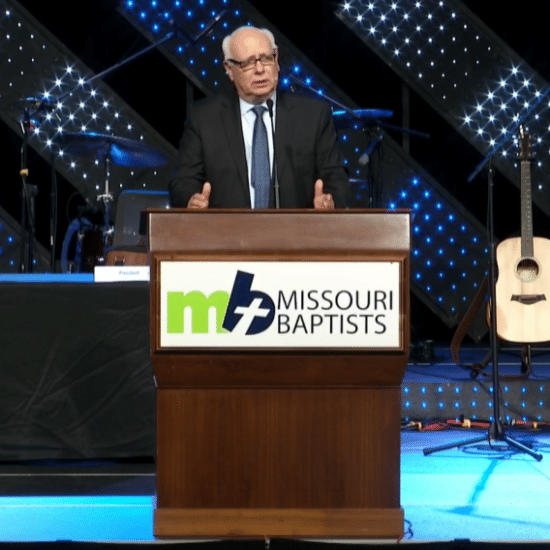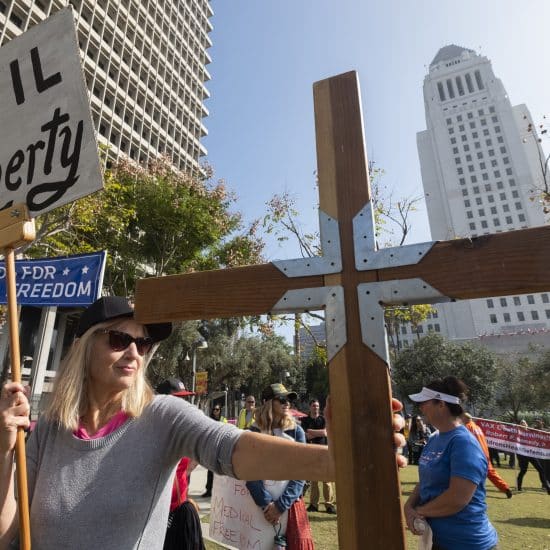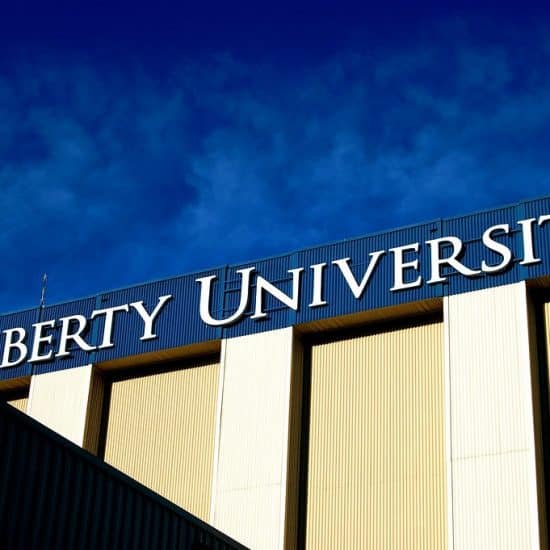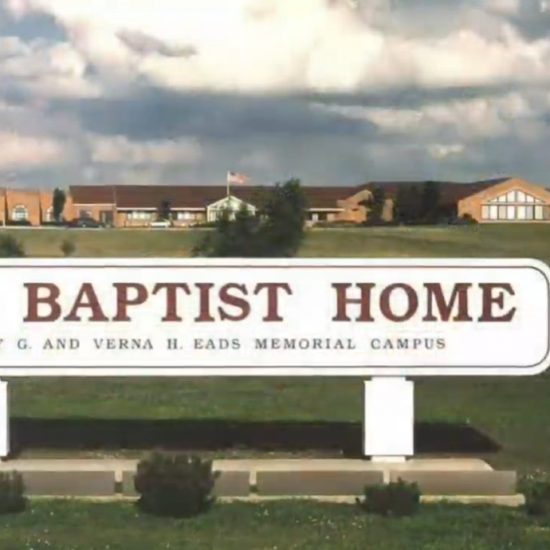
On Feb. 19, a three-judge panel of the Missouri Court of Appeals, Western District ruled unanimously for the Missouri Baptist Convention in its more than 16-year legal battle against five Missouri Baptist ministry organizations. The latest ruling affirms a lower circuit court ruling in September of 2017 that argued trustees of Missouri Baptist University and The Baptist Home did not have the authority to move to self-perpetuating status and should be elected by the MBC.

A three-judge panel of the Missouri Court of Appeals, Western District ruled unanimously for the Missouri Baptist Convention in its more than 16-year legal battle against five Missouri Baptist ministry organizations. (Pixabay)
The MBC first filed suit against the Missouri Baptist Foundation, MBU, TBH, Windermere Baptist Conference Center and Word&Way in 2002 following moves by the five boards to shift to self-perpetuating status in 2000 and 2001. The MBC lost multiple suits against Windermere Baptist Conference Center, dropped their claims in a nearly-identical case against Word&Way and saw the estate of businessman William Jester win a settlement in a countersuit against the MBC. The MBC previously won its case against — and control of — the Missouri Baptist Foundation.
The 29-page ruling by Judge Anthony Rex Gabbert and affirmed by Judges Alok Ahuja and Thomas N. Chapman rejected each claim MBU and TBH made during the appeals process. The ruling dealt with several issues, including claims by both institutions that the MBC lacked standing to bring the suit. The ruling also rejected TBH’s claim that its article of incorporation never properly gave rights to the MBC. Gabbert criticized some of MBU’s arguments for being “so convoluted no court could reasonably expect a plaintiff to reply to them.”
Gabbert’s ruling gives the most attention to a claim by MBU that the circuit court judge erred by claiming he could not rule on many of MBU’s affirmative defenses because that would involve the court entangling itself in ecclesiastical disputes. The appellate judges noted MBU correctly pointed to “numerous cases where Missouri courts have addressed a variety of disputes involving religious organizations concerning leadership elections, bylaws and articles and even who is or is not a member of a religious institution.” The appellate ruling also announced the judges “are not convinced” that a key case the circuit court used to justify the dismissal actually applied to MBU. The judges noted that the U.S. Supreme Court case of Hosanna-Tabor Evangelical Lutheran Church and School v. E.E.O.C dealt with defining ministers, but Gabbert wrote “there is no indication that the University’s board of trustees operate in the ministerial capacity.”
Yet, despite rejecting the application of that case, Gabbert added he still found “the circuit court’s analysis of the ecclesiastical matters implicated in this case is otherwise quite prudent.” The judges thus claimed they could not consider the MBC politics that led to the MBC unilaterally changing the rules for trustee selection since that occurred within the context of a religious fight for convention control. As a result, the appellate judges refused to consider MBU’s affirmative defenses against the MBC on grounds of “unclean hands, a breach of fiduciary duty or a breach of the implied covenant of good faith and fair dealing.”
Although the move brings the case close to completion, it remains likely MBU and TBH will appeal. They can request the full Western District consider the case and appeal to the Missouri Supreme court. These appeals could add a few more months to the case — and even more if they win one of those appeals.
Additional litigation may also come to settle issues regarding The Baptist Home Foundation created by TBH in 2000. Although the appellate decision notes “the formation of the foundation and the transfer of assets to it was also not approved by the Convention,” Gabbert added that the creation of TBH’s Foundation may have been “permissible” but “the transfer of assets to the foundation likely was not.” However, the ruling does not declare if that Foundation can stand or if it must surrender its assets to the MBC.
John Yeats, the MBC’s executive director, called the ruling “very encouraging” in an MBC publication. He added, “We are eager to welcome Missouri Baptist University and The Baptist Home back into the MBC family, and we look forward to the same kind of smooth transition we experienced with the Missouri Baptist Foundation.”
See also:






